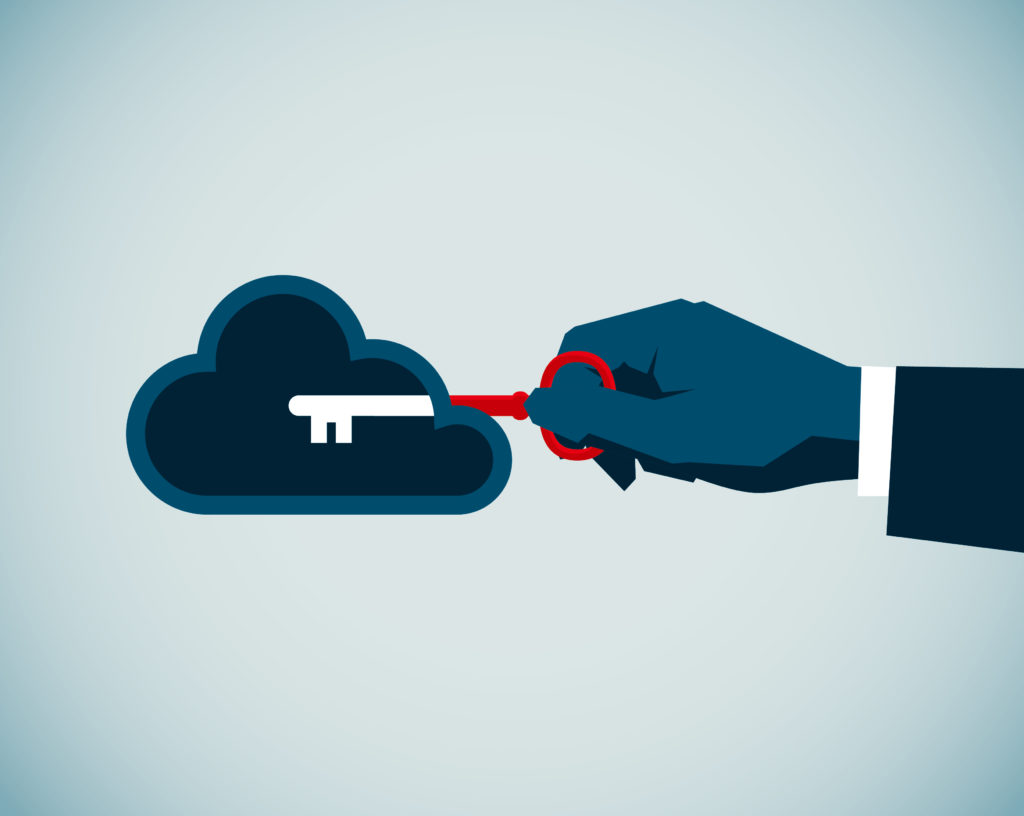All sorts of dangerous malware and viruses exist on the internet. These nasty bugs cause all sorts of issues on a personal computer once a system is infected, from slowing things down to outright ruining the hard disc. But there’s also another kind of infection which isn’t mentioned as often: ransomware.
Ransomware is malicious like the aforementioned bugs, but as the name implies, it tries to hold a PC hostage. The payload accomplishes this by disguising itself as a benign program but once run, attempts to lock down specific processes on a PC or the system entirely. In some cases, the malware will claim the identity of an authority figure like the FBI, warning you of illegal material on the infected hardware. In other cases, users will be attacked and told their compromised programs will only be unlocked after they pay a fee.
The goal is ultimately to scare users into paying the malicious party. Tracking said party is quite difficult too, as anonymous pay options are widespread so outgoing funds can’t be traced. No matter the situation this threat should be taken seriously and poses great dangers to individuals, organizations and businesses.
Today, ransomware is a growing threat and has been met with plenty of success by malicious parties. It’s important to understand how to protect systems and identify behaviors associated with ransomware. More so, this is because once a computer is locked down, most people have no choice but to pay the ransom as removing the infection is almost impossible.
For starters, reliance on anti-virus software is no longer a safeguard. Anti-virus programs generally have a static detection method and do not recognize disguised delivery programs. While methods are changing, this isn’t enough for the regular user.
The best defense in this case is to use care and scrutiny. Emails with unfamiliar links are prime delivery methods for ransomware. Advertisements and links on suspect websites, or those with a poor reputation should also be avoided. Remember that ransomware cloaks itself as legitimate software. Often times it can be difficult to distinguish between real and fake links. In that regard, a user should never download a program outside of its official source or from sites which don’t offer reviews or feedback. What can seem harmless may in fact be a shell for the ransomware.
Businesses concerned about ransomware will have to adapt to new network strategies. Multiple environments are recommended which only handle specific programs or processes. If possible, a team of network experts should be available to check for bizarre activity.
Realistically, the unfortunate news is that ransomware is quite effective today because it does not operate like traditional viruses. The current software defenses in place cannot be wholly relied on and it comes down to the care of individuals browsing the web. But, so long as one maintains safe practices, it’s unlikely they’ll affected by this nasty bug.
Stratosphere Networks is a leading provider in managed services and has extensive knowledge in network security. Contact one of our experts today to take the steps necessary to keep your business safe.


